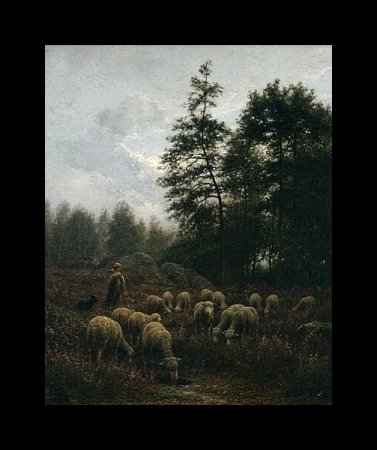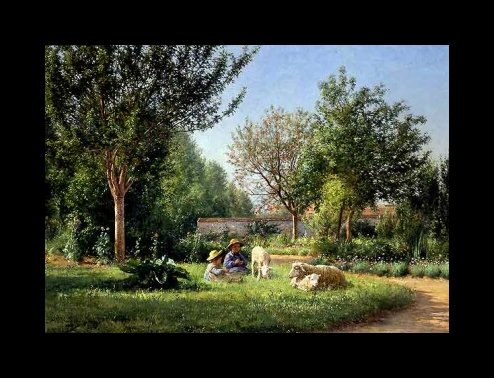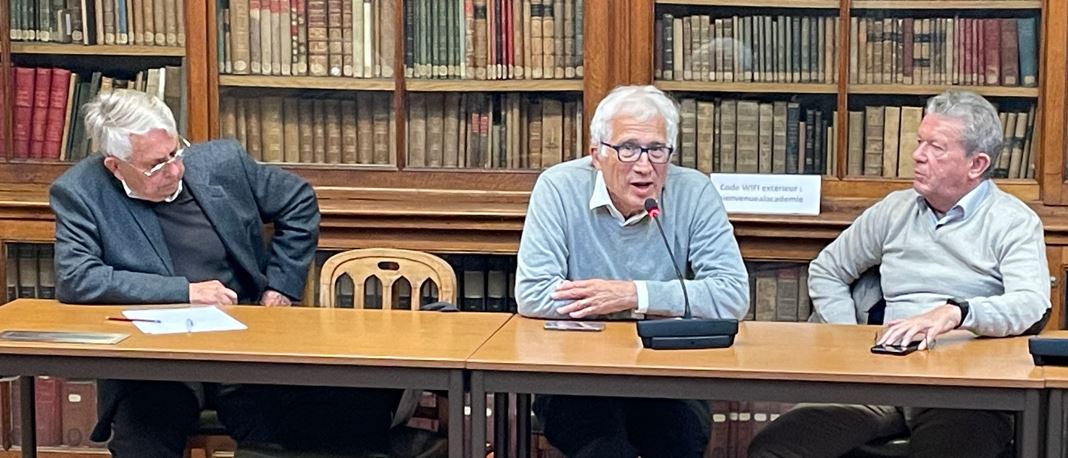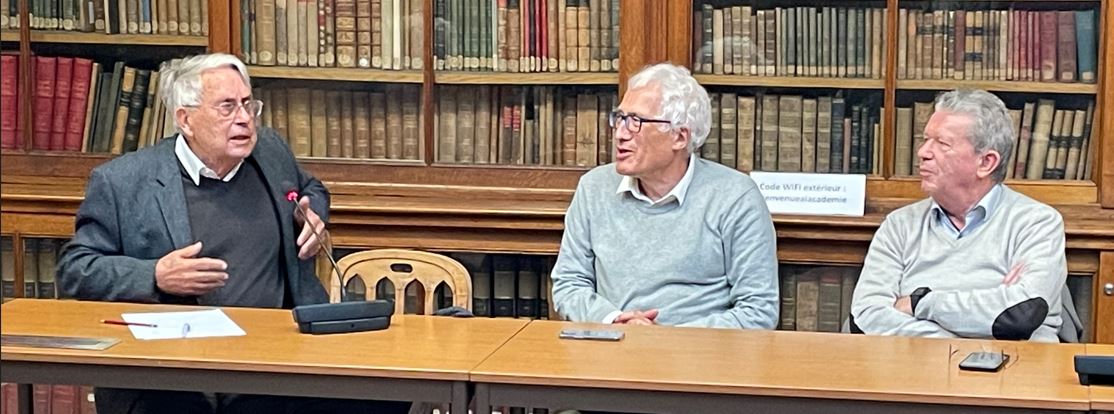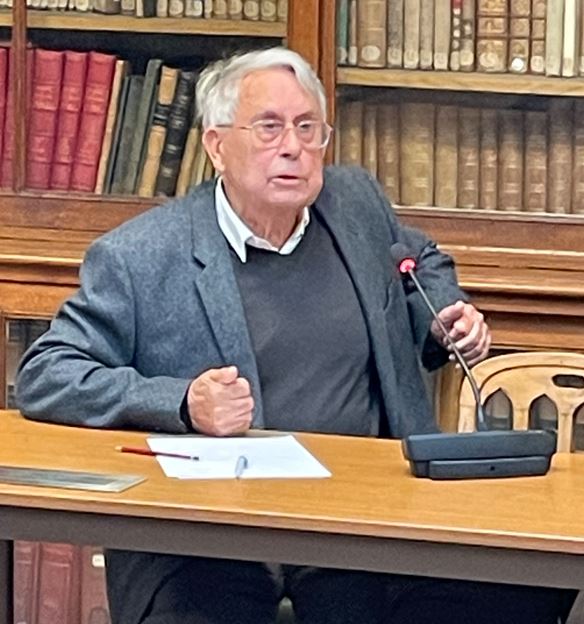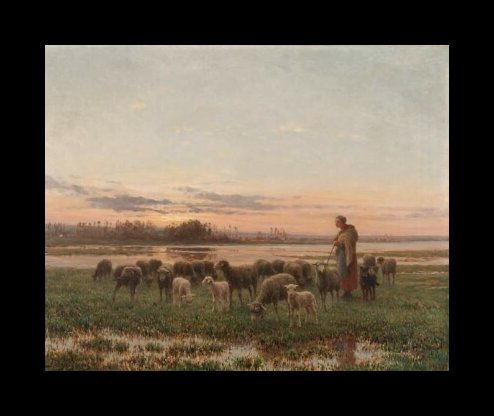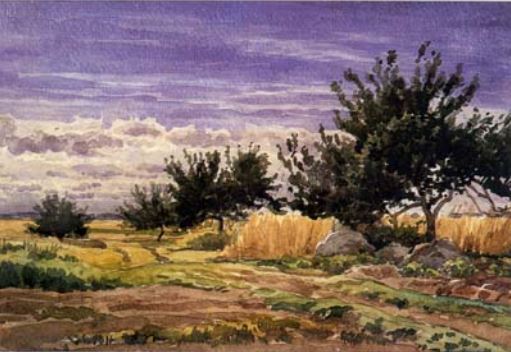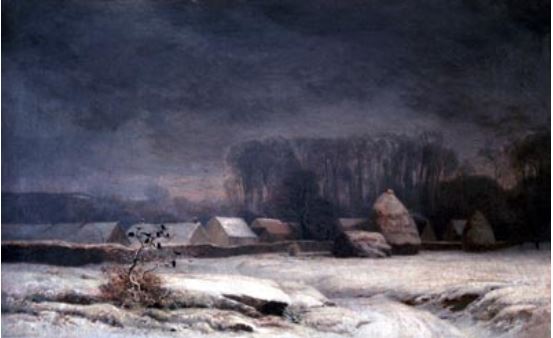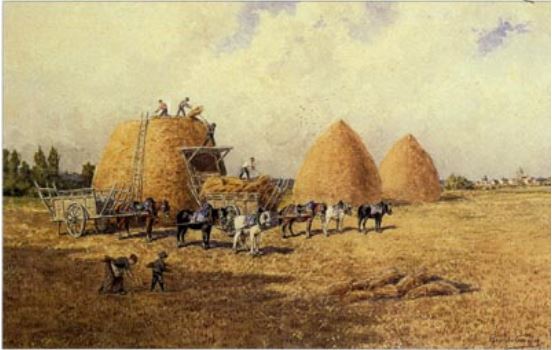
Châtenay-Malabry (FR - 92290), 02 January, 2023
EFITA newsletter / 1061 - European Federation for Information Technology in Agriculture, Food and the Environment
The informatique-agricole.org site offers you the possibility of subscribing the RSS feeds of its two newsletters
See RSS feeds to implement to ensure that you continue to receive this newsletter
To unsubscribe this newsletter, please contact me directely: guy.waksman(a)laposte.net if this link Unsubscribe does not work.

To correspond with me (GW), please use this address: guy.waksman(a)laposte.net
To subscribe the efita newsletter (please ask your friends and colleagues to test this link)
Efita Newsletters subscription
Before computing : Massey Ferguson 1935
Weekly newsletters about ICT in Agriculture in English and French
Both newsletters have around 10 000 subscribers.
>>> Last weekly EFITA Newsletters in English (created in 1999) Efita Newsletters
>>> Last weekly AFIA Newsletters in French (created more than 20 years ago in 1997) Afia Newsletters
>>> Statistics for the latest efita newsletter
>>> Last issue of the afia newsletter
>>> Last available satistics for the afia newsletter
Troupeau de moutons, par Jean-Ferdinand Chaigneau (1830-1906), École de Barbizon, Manchester Art Gallery
| 01 - 02/01/23 |  |
Happy New Year 2023!
Towards the end of this newsletter… No! But a renewal!
I fell ill just before the All-Saints holidays. Nothing really serious except a great fatigue and then a tendonitis in the right shoulder, immobilizing my right arm and hand.
As a result, I gave up publishing the Afia and Efita gazettes prematurely: in fact, I planned to stop at the end of this year 2022, firstly because Afia no longer has any resources to pay for the hosting of the site, and its domain name informatics-agricole.org, but above all because editing the newsletters requires too much effort from me.
BUT, I was happy to learn that ACTA Digital Services, ACTA being the R&D organization controlled by French Farmers’ Unions of which I was the employee, as Head of its Computer Department (to keep it simple!), and ACTA Digital Services being a subsidiary of ACTA, is interested to continue to publish the Afia newsletter and the Efita one.
I really thank:
- Jean-Paul Bordes, ACTA Director,
- Mehdi Siné ACTA R&D Director,
- François Brun, Digital Farming and Data Sciences and
- François Chauvineau, head of ACTA Digital Services,
and I will be happy to help the transition toward renovated newsletters.
I was happy to maintain this bond between us. Giving it up would have cost me all the more because 2,000 to 2,500 recipients opened my Afia gazettes each week and as many opened the Efita gazettes… many of which particularly appreciated the paintings, the jokes, but also the news on agriculture and digital technology in agriculture, and more if intellectual affinities.
I often say that what I like and what interests me is the good news. I therefore hope that my gazettes have brought you a little optimism and wish you a Happy New Year 2023 and a good journey!
Breaking News! Short version!
ACTA, the R&D French Farmers’ organization where I worked for 30 years, may be interested in publishing this newsletter. Nothing sure, but ACTA Digital Services accepted to pay for hosting the “informatique-agricole.org” web site, and Vitisphere.com, subsidiary of Isagri, the successful and famous French Ag ICT company (2500 employees), accepted to pay for the dissemination of the liste-afia and liste-efita newsletters.
Thank you Acta DS, thank you Isagri.
This is the reason why you get this newsletter but no more on a weekly basis. It will depend on my energy!
The edge of the forest by Jean-Ferdinand Chaigneau (1830-1906), École de Barbizon
| 02 - 02/01/23 |
How did we see the future yesterday??
See the incredible collection developed by Alain Fraval
VISION Conference
January 17-18, 2023, Renaissance Phoenix Glendale Hotel & Spa • Glendale, Arizona, USA
The VISION Conference is where the full industry ecosystem meets to map the strategic potential of advanced technology in agribusiness, with a tight focus on the drivers that will succeed in transforming the industry within 3 – 5 years.
Innovative traditional ag companies as well as new players bringing proven solutions from other industries are gathering this January at the 2023 VISION Conference.
Your VISION registration includes two visionary keynotes, two days of immersive conference sessions, many opportunities to network and connect with peers, two breakfasts, two lunches, and a reception. All this plus a warm getaway with easy accessibility in January.
See thevisionconference.com
Le jardin de l’artiste par Jean-Ferdinand Chaigneau (1830-1906), École de Barbizon
| 03 - 02/01/23 |
Tech Hub LIVE
July 24-26, 2023, Iowa Events Center, Des Moines, Iowa
The third annual Tech Hub LIVE offers an innovative, forward-looking experience with an expansive range of features encompassing all segments of data driven agriculture and attracts the largest gathering of thought leaders and innovative practitioners.
- Engage with industry peers and make new meaningful connections
- Get exposure to the latest solutions advancing the deployment of agtech innovations
- Gain insight and knowledge on proven techniques that can be implemented now
See techhublive.com
We updated all of our data on Natural Disasters
What are the different types of disasters, and how frequently do they occur?
What are the human and economic impacts of disasters?
On our topic page on Natural Disasters, we answer these and other questions, alongside visualizations of the data that you can explore.
We've now updated all of the data on our page with the latest available release from our sources.
We do this every year.
| See
ourworldindata.org 02/01/23 |
 |
Three photos taken on November 2, 2022 in the library of the French Academy of Agriculture, where we paid tribute to Jean-Marie Attonaty, a French searcher well-known by my old Efita friends
Section IX of the French Academy of Agriculture, presented, during its meeting of November 2, 2022, its vermeil medal to Jean-Marie Attonaty, who had not been able to attend the formal session in September which is usually the occasion for awarding medals.
Jean-Marie Savalle, member of section IX and CEO-Founder of the ISAGRI group (grouping 2,500 people), took it to heart to participate in our tribute to Jean-Marie Attonaty, remembering that before equipping himself with a microcomputer, he had come to Grignon to ask him for advice on choosing it.
Guy Waksman recalled that his work at Acta as head of the IT department took a new direction, that of agricultural IT, with and thanks to Jean-Marie Attonaty who really initiated the development of IT at the use of the agricultural world, JM Attonaty having been interested in the subject even when laptop computers did not yet exist.
In the 1980's; many, all talented, have taken an interest in the development of information technology (and the Minitel!) in agriculture with the creation of the Agence de l'informatique, the Center mondial de l'Informatique, actions for agricultural development (Casdar today today), etc : LN Netter, B. Blumenthal, JM Berthout, M. Deroo, V. Clanet, Cl. Holl, JL Carel to speak only of Parisians... to which must be added F. Guillaume, president of Fnsea, and E Cresson, Minister of Agriculture who, on this subject at least, managed to come to an agreement. JM Attonaty had unparalleled credibility on the subject. Until his departure, he showed amazing creativity, constantly renewing himself.
Jean-Marie Attonaty, in turn, developed his professional career which will have been centered on agricultural data, explaining the slow progression of the penetration of IT in the agricultural world, then the acceleration of this with the advent of portable computers.
This presentation was followed by a friendship drink in the library of the Academy.
Shepherdess at Twilight by Jean-Ferdinand Chaigneau (1830-1906), École de Barbizon
| 04 - 02/01/23 |
The adventure of the Efita gazette seen from Austria by Dr. Franz Greif in a quarterly magazine promoting good ideas and initiatives in the rural world
Dr Franz Greif in this article evokes the actions of the CETA of Mantais, then the AFIA in the two following columns
Sehen oekl.at/publikationen/landraum/
Voir cetadefrance.fr/qui-sommes-nous/histoire-des-ceta
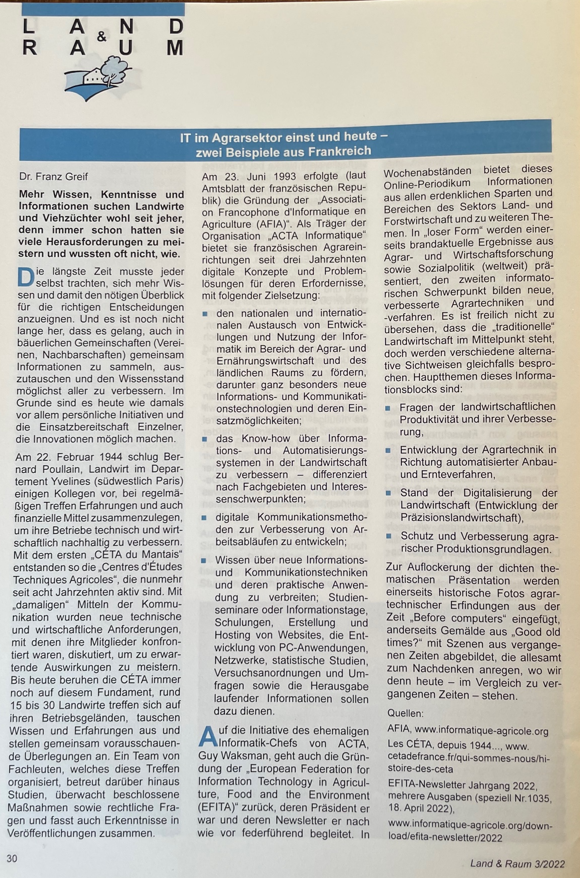 |
Artificial Intelligence
Artificial intelligence (AI) capabilities have advanced in dramatic ways over the past decade.
For example, in the ability to generate photorealistic images - including, in the past couple years, from almost any text prompt.AI systems already have a large impact on our lives - they increasingly shape what we see, what we believe, and what we do.
And given recent increases in investment, we should expect AI technology to become even more powerful and impactful in the years and decades to come.
How exactly powerful AI systems are built and used will be very important for the future of our world, and our own lives.
All technologies can have positive and negative consequences, but with AI the range of these consequences is extraordinarily large: the technology has an immense potential for good, but also comes with large downsides and high risks.
A technology that has such a large impact on our society needs to be of central interest to people across our entire society. But, the question of how this technology will be developed and used is currently left to a small group of entrepreneurs and engineers.
With our publications on artificial intelligence, we want to help change this status quo and support a wider engagement by society.On our new page, you will find a series of articles and an overview of AI-related metrics that let you monitor what is happening and where we might be heading. We hope that this work will be helpful for the growing and necessary public conversation on AI.
| See
ourworldindata.org 02/01/23 |
 |
Sunset over the plain, by Jean-Ferdinand Chaigneau (1830-1906), École de Barbizon
| 05 - 02/01/23 |
Does open source agtech make sense? Easy Observations, by Nathan Faleide
| See easyobservations.substack.com |
 |
Poor Brexiters
| 01
- 02/01/23 |
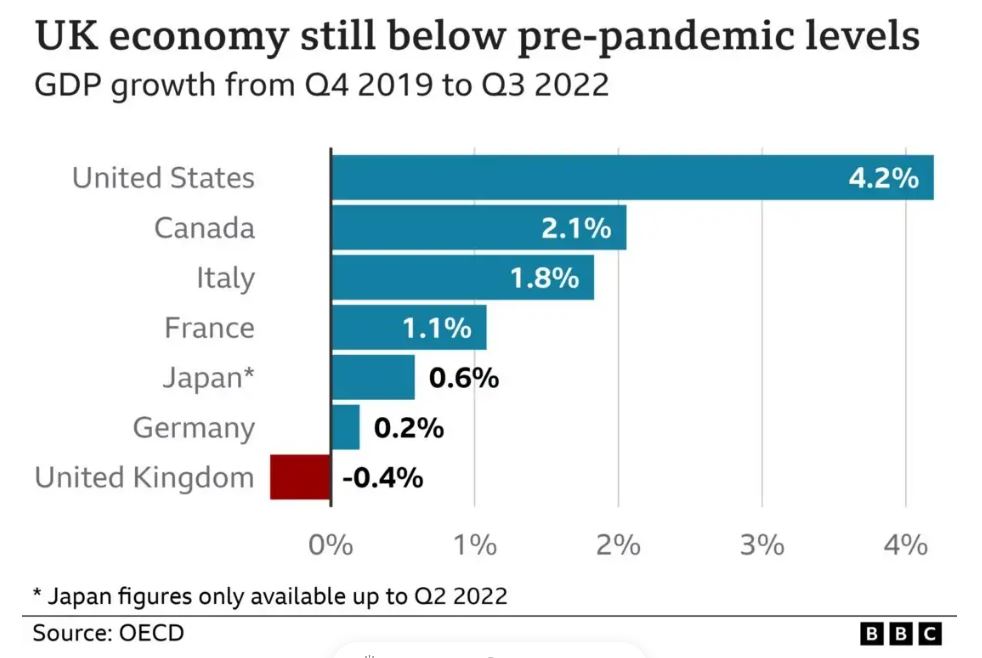 |
More than 50 commercially available field robots in the Future Farming buying guide 2023
See futurefarming.com
Corteva, NEVONEX Collaborate to Explore Advanced Digitally Enabled Crop Protection Opportunities
Companies aim to deliver prescriptive crop protection product performance and farmer ROI through advanced data capabilities.
See globalagtechinitiative.com
How BASF's AI Farming Tool Is Helping Japanese Growers Struggling With Labor Shortage
The daily recommendations from xarvio Field Manager increased yields by as much as 25%, according to Japanese company Yamazaki Rice.
See globalagtechinitiative.com
Amazing America!
| 02 - 02/01/23 | 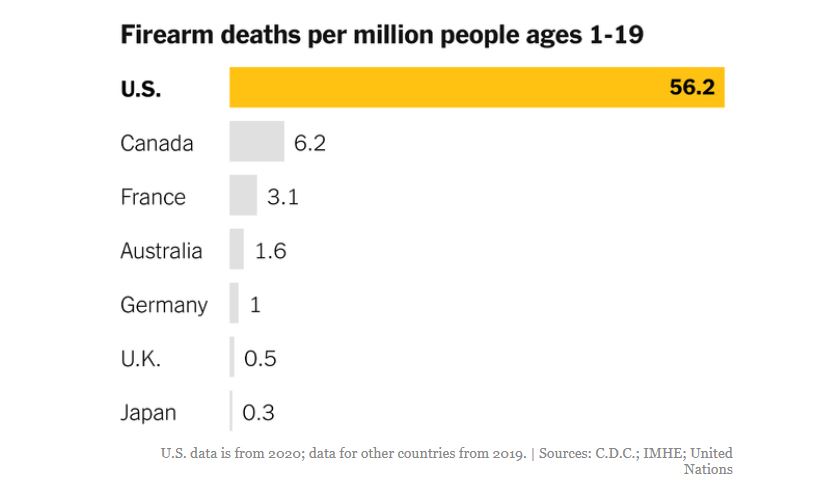 |
Toro, Treetoscope Form Partnership to Accelerate Plant Sensing Technology for North American Market
The partnership adds to Toro’s growing range of crop monitoring, decision support, and automation solutions,
See globalagtechinitiative.com
Israel-based Haskelberg Nurseries Enters Joint Venture With UK-Based Yellow Brick AgTech for New Software Offering
The new software will fall under Haskelberg Nurseries subsidiary brand Canacado, an avocado rootstocks selection.
See globalagtechinitiative.com
5 Things Silicon Valley Gets Wrong About Agriculture
Fail fast, fail often doesn't work for farmers. Here are five agricultural realities funders and innovators need to understand.
See globalagtechinitiative.com
Cooling Inflation
| 03 - 02/01/23 | 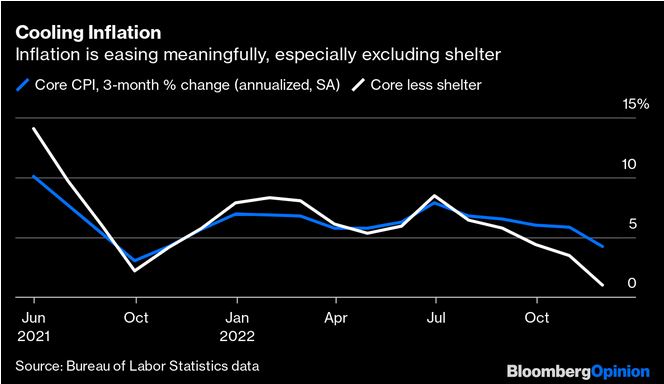 |
Farmers Cultivate Golden Rice in the Philippines for the First Time
For the first time, farmers in the Philippines have cultivated Golden Rice on a larger scale and harvested almost 70 tons of grains this October. This nearly never-ending story began at ETH Zurich.
This autumn will probably go down in agrarian history. In October, farmers in the Philippine Province of Antique harvested a substantial amount of beta-carotene-enriched Golden Rice for the first time – namely a total of 67 tons from 17 fields.
The dried and polished grains are going to be distributed to households with pregnant women, breastfeeding mothers or preschool children who are at risk of diseases caused by vitamin A deficiency.
.../...
See ethz.ch
No Covid, less saving!
| 04
- 02/01/23 |
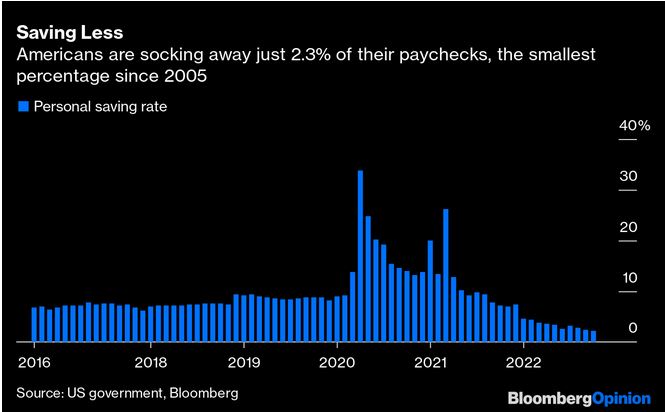 |
But Overall
Savings Up
| 05 - 02/01/23 | 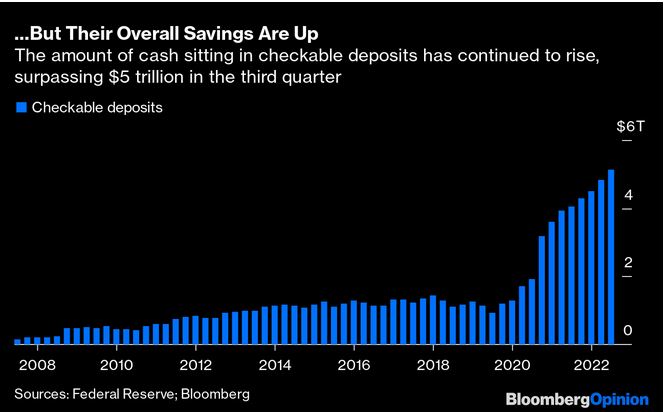 |
Which countries have put a price on carbon?
Putting a price on carbon helps us account for the real costs of fossil
fuels in the market. Which countries have a carbon tax or trading
system?
| See
ourworldindata.org 02/01/23 |
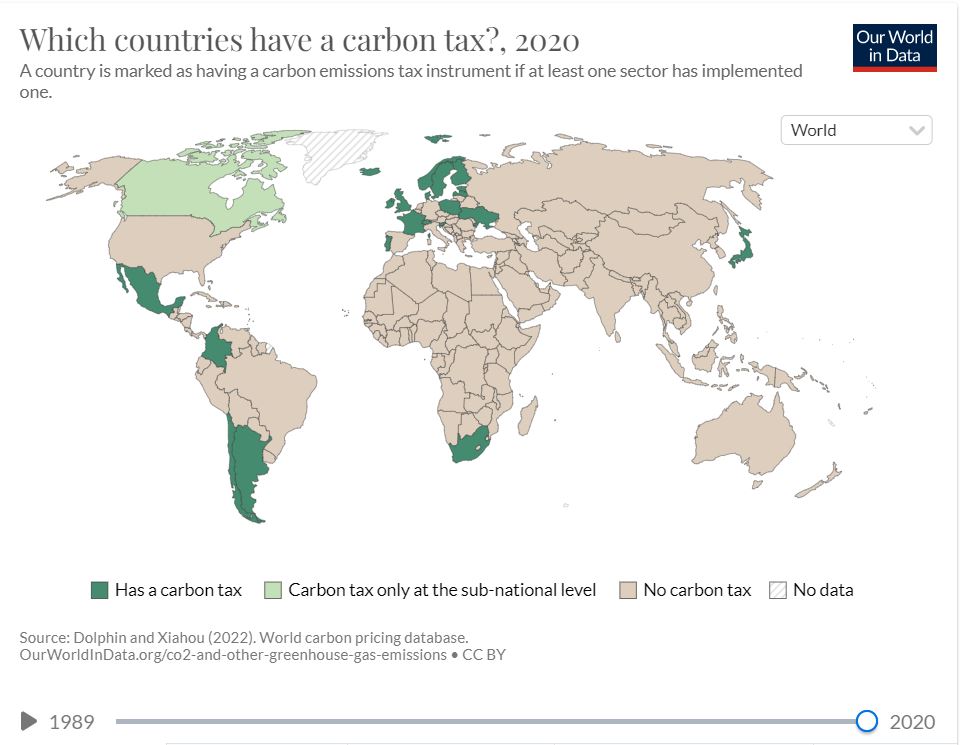 |
Food Barons 2022: Crisis Profiteering, Digitalization and Shifting
Power
Note: I am a little bit skeptical about some ideas expressed in this
report. But it seems to me the information here gathered is really
interesting.
ETC Group’s 2022 update of corporate concentration offers a snapshot
of the world’s Food Barons – the biggest players up and down the industrial
food and agriculture chain. We examine the leading corporations that
control each of 11 key industrial “agrifood” sectors: seeds, agrochemicals,
livestock genetics, synthetic fertilizers, farm machinery, animal
pharmaceuticals, commodity traders, food processors, Big Meat, grocery
retail and food delivery. Rankings are based on 2020 sales figures.
Our findings show that many agrifood sectors are now so “top heavy”
they are controlled by just four to six dominant firms, enabling these
companies to wield enormous influence over markets, agricultural research
and policy-development, which undermines food sovereignty.
The year 2020 was a horrific year for food security and health – but
a bonanza for Big Food and Big Ag. In the midst of a global pandemic
– combined with climate shocks, supply chain gridlock, price spikes,
increasing hunger, food and energy shortages, civil strife, racial
violence and wars – these Food Barons made the most of the converging
crises in order to tighten their grip on every link in the Industrial
Food Chain. In doing so, they undermine the rights of peasants, smallholders,
fishers and pastoralists to produce food for their own communities
and many others. The Food Barons exploit workers, poison soil and
water, diminish biodiversity, prevent climate justice and perpetuate
a food system structured upon racial and economic injustice.
We identify seven key aspects of the global Industrial Food Chain,
which we have conceptualized in terms of power: The Food Barons aim
to hold on to, naturalize and expand their power, despite their many
failings – failings that became especially obvious during the global
pandemic.
We also bring attention to three critical, multi-sectoral trends that
increase the ability of the Food Barons – Big Ag, together with Big
Tech and Big Finance – to maintain control over the Industrial Food
Chain. The first of these is the digitalization of food and agriculture
across the chain. The second is the rising power of Asian (especially
Chinese) Food Barons. The third is horizontal integration, including
the increasing involvement of asset management companies in food and
agriculture sectors – which creates the semblance of competition,
but diminishes actual competition.
In contrast to the increasing concentration and power of the Food
Barons it is important to remind ourselves who feeds the majority
of the world: peasants. The Peasant Food Web feeds the equivalent
of 70% of the world’s people using less than 30% of the world’s land,
water and agricultural resources. Proposals from the grassroots –
such as the International Planning Committee for Food Sovereignty’s
Nyéléni Process – aim to put farmers, growers, fishers, hunters and
consumers back at the heart of the food system and undo the power
being usurped by industrial agriculture.
As we confront climate change and its alarming consequences, we must
recognize the voices, actions, solutions, and leadership of all peoples.
The analysis in this report is based on understanding the relationship
between racial justice and climate change and how extractive agriculture
disproportionately impacts people of colour and Indigenous communities.
It’s time to divest from the Industrial Food Chain. Institutions under
pressure from civil society have already succeeded in partly directing
funds away from tobacco, arms and fossil fuels on moral grounds. Grassroots
climate movements have successfully named fossil fuel companies as
the obstruction to meaningful climate action. Food movements should
follow suit: it is a logical next step to demand the elimination of
all financial support to the Industrial Food Chain, exposing its high
degree of transnational corporate control and its multiple abuses.
The participatory assessment of technologies based on precaution,
as well as the development and support for the implementation of socially
and ecologically useful technologies, should also be a top priority.
In addition, anti-competition regulators must develop new mechanisms
to understand and restrict the cross-chain powers of data giants and
horizontal shareholders and require much greater transparency among
private equity and other corporate actors.
This is a moment to see the Food Barons for what they are, to find
their structural weaknesses and to take strategic collaborative action
to take them on. Hopefully this report provides some useful intelligence
for food sovereignty movements and their allies in the battles ahead.
See etcgroup.org
Paysage
de plaine (aquarelle) par Jean-Ferdinand Chaigneau (1830-1906), École
de Barbizon
| 06 - 02/01/23 |
Life expectancy changes since COVID-19
The COVID-19 pandemic triggered an unprecedented rise in mortality that translated into life expectancy losses around the world, with only a few exceptions. We estimate life expectancy changes in 29 countries since 2020 (including most of Europe, the United States and Chile), attribute them to mortality changes by age group and compare them with historic life expectancy shocks. Our results show divergence in mortality impacts of the pandemic in 2021.
While countries in western Europe experienced bounce backs from life expectancy losses of 2020, eastern Europe and the United States witnessed sustained and substantial life expectancy deficits. Life expectancy deficits during fall/winter 2021 among people ages 60+ and <60 were negatively correlated with measures of vaccination uptake across countries (r60+ = −0.86; two-tailed P < 0.001; 95% confidence interval, −0.94 to −0.69; r<60 = −0.74; two-tailed P < 0.001; 95% confidence interval, −0.88 to −0.46). In contrast to 2020, the age profile of excess mortality in 2021 was younger, with those in under-80 age groups contributing more to life expectancy losses.
However, even in 2021, registered COVID-19 deaths continued to account for most life expectancy losses.
| See nature.com 02/01/23 |
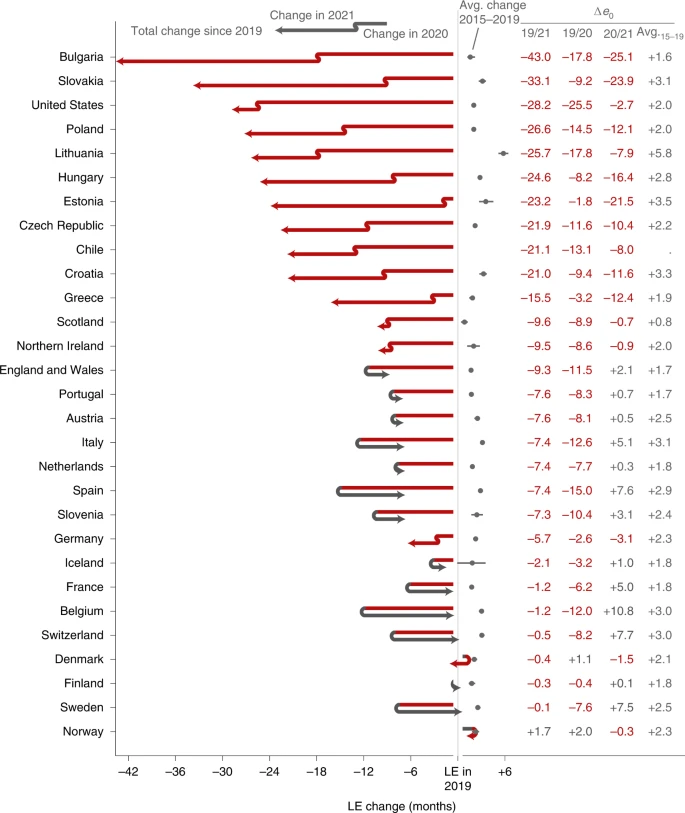 |
Barbizon in the snow by Eugène Lavieille (1820-1889), École de Barbizon
| 07 - 02/01/23 |
If the secret police had a file on you, why wouldn’t you want to see it? Ask the Germans spied on by the Stasi, by Laura Spinney, Mon 28 Nov 2022
When East Germany collapsed, millions of the Stasi’s victims choose to remain in ignorance about their oppressors. Is it sometimes better to forget the past than to investigate it?
.../..
In East Germany, during the communist period, people would sometimes join a queue on the basis that if others were waiting, there must be something worth having at the end of it. Siegfried Wittenburg, whose images accompany this article, photographed this waiting-for-I-know-not-what in his home town of Rostock. It was safer to take photos than to criticise the regime in words, but only just.
The Ministry for State Security, or Stasi, kept Wittenburg under surveillance from 1972 almost until its own dissolution. The last entry in his file, which concerned some photos he had exhibited of Rostock’s dilapidated old town, was dated 27 November 1989 – almost three weeks after the fall of the Berlin Wall. He knows this because he applied to see that file in 1999. Having discovered the identities of his informers, he made peace with one of them – whom the Stasi had blackmailed – and cut ties with the others. “Ever since I cleaned up my past, I feel free,” says the 69-year-old. “I became more open, happier, warmer – and successful.”
Many former East German citizens tell similar stories, which is why a new study in the journal Cognition has caused some consternation. Historian Dagmar Ellerbrock, of the Technical University Dresden, and psychologist Ralph Hertwig of the Max Planck Institute for Human Development in Berlin, report that the majority of people on whom the Stasi kept files have not opened them.
The finding has touched a particular nerve in Germany, which can sometimes seem like an open-air museum to the horrors of nazism, but all countries have zones of oblivion.
Like Britain, Germany has yet to confront the violence it meted out in its former colonies, while France is struggling to process the Algerian war.
Spain only recently dissolved the pact of forgetting it made after the Franco era.
As the pandemic begins to fade from memory, and history is weaponised in Ukraine, the study has fuelled a wider conversation about how societies deal with past trauma and the role that individuals play in that reckoning.
“I’m not justifying deliberate ignorance,” says Hertwig, “but I do want to understand it.”
…/…
See theguardian.com
US importing more goods from Europe
| 06 - 02/01/23 | 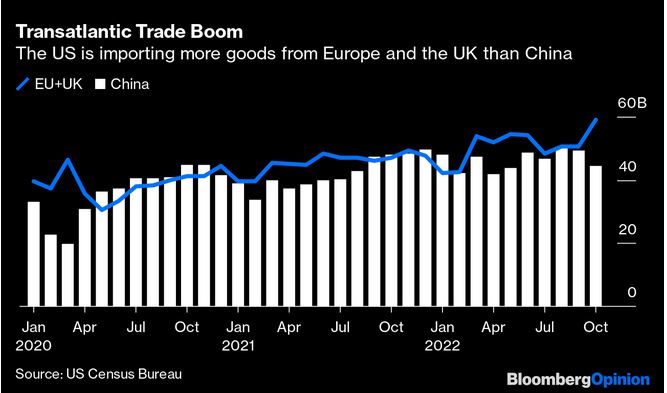 |
National crisis support plans
| 07 - 02/01/23 | 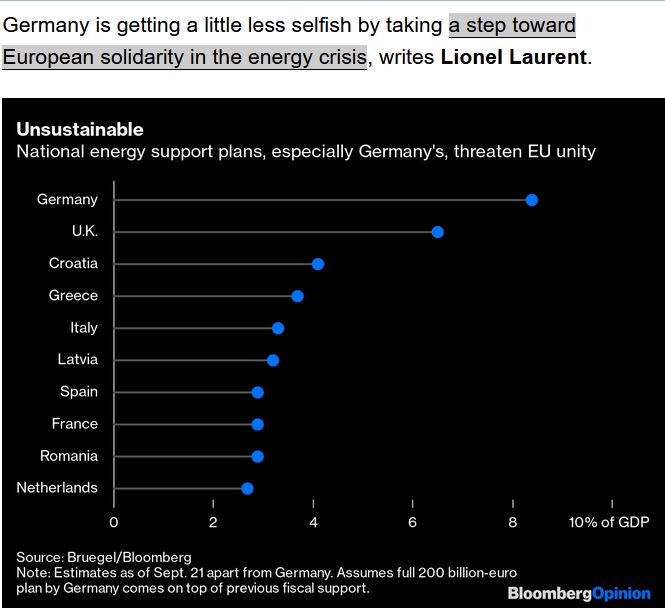 |
Perspective: Europe's Farm to Fork Strategy slams into wall of reality, by Amanda Zalucky
The European People’s Party has completely abandoned the Farm to Fork fantasy where farming can use primitive production practices to meet modern demand.
.../...
In a stunning reversal the European People’s Party is abandoning — at least for now — the implementation of the European Union’s Farm to Fork Strategy. Why? Because they see the writing on the wall: Russia’s invasion of Ukraine is going to disrupt European agricultural markets. So the EPP, the European Parliament’s largest political party, is calling on the European Commission to halt so-called green initiatives in favor of developing a “food safety plan” using “reliable forecasts” and “concrete measures” to ensure Europeans don’t have “empty plates.”
To fully appreciate how astonishing this statement is, you have to understand the Farm to Fork Strategy. It’s part of the European Union’s Green Deal, which aims to make Europe carbon neutral by 2050. Farm to Fork focuses on radically changing agriculture on the continent, especially when it comes to inputs. The plan calls for reducing pesticide use by farmers by as much as 50 percent, and reducing fertilizer use by 20 percent. It also calls for farmers to take 10 percent of existing farmland out of production. And, last but not least, Farm to Fork’s goal is to transition 25 percent of Europe’s farmland into organic production.
It doesn’t take a degree in rocket science to realize that’s going to cause some problems with supply. The U.S. Department of Agriculture’s Economic Research Service analyzed the potential effects of Farm to Fork and raised the alarm in 2020. It found the plan would lower European agricultural production by a range of 7 to 12 percent. If only the EU adopted the plan, it would drive up world food prices by 9 percent. And if the plan is adopted globally, production would fall by 11 percent and prices would skyrocket 89 percent.
And that doesn’t even mention the environmental costs. There’s no question that widespread adoption of lower-yielding production methods simply means we need more farmland to produce the same amount of food. Farm to Fork just outsources those additional acres outside the continent. So where will they come from? Unfortunately, that answer too often comes from currently untouched lands, including the all-important rainforest in South America.
But that didn’t matter to the EPP when the world seemed sane and life was easy. It could define sustainability and dictate the arbitrary and radical terms to Europe’s lowly farmers. So what if food prices rise needlessly and make it harder for low-income households to make ends meet. As long as EU politicians went to bed with full stomachs they could feel good about all the sacrifices they made to support Mother Nature!
All of that came crashing down as Russian tanks crossed into Ukraine and the shelling started. Farmers can’t plant fields occupied by foreign militaries. So the price of food and fuel started climbing. And suddenly empty plates and grumbling tummies became all too real.
The EPP’s change in policy position is astonishing. They’ve completely abandoned the fantasy where agriculture can use primitive production practices to meet modern demand. In other words, farmers need to grow food. Lots of food. And they shouldn’t be hindered by an eco-fairytale of what agriculture should be.
Welcome to the real world.
See agdaily.com
Ships are changing
| 08
- 02/01/23 |
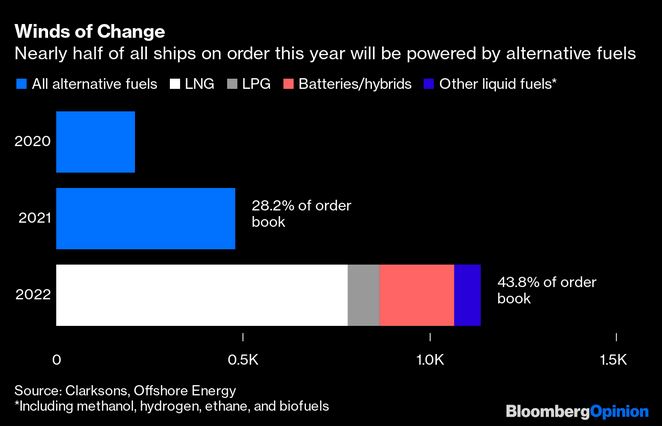 |
Sur les bords de Seine à Lévy, 1884, par Eugène Lavieille (1820-1889), École de Barbizon
| 08 - 02/01/23 |
|
Gazette
de vitisphere.com, |
Perspective: Europe's Farm to Fork Strategy slams into wall of reality, by Amanda Zalucky
The European People’s Party has completely abandoned the Farm to Fork fantasy where farming can use primitive production practices to meet modern demand.
.../...
In a stunning reversal the European People’s Party is abandoning — at least for now — the implementation of the European Union’s Farm to Fork Strategy. Why? Because they see the writing on the wall: Russia’s invasion of Ukraine is going to disrupt European agricultural markets. So the EPP, the European Parliament’s largest political party, is calling on the European Commission to halt so-called green initiatives in favor of developing a “food safety plan” using “reliable forecasts” and “concrete measures” to ensure Europeans don’t have “empty plates.”
To fully appreciate how astonishing this statement is, you have to understand the Farm to Fork Strategy. It’s part of the European Union’s Green Deal, which aims to make Europe carbon neutral by 2050. Farm to Fork focuses on radically changing agriculture on the continent, especially when it comes to inputs. The plan calls for reducing pesticide use by farmers by as much as 50 percent, and reducing fertilizer use by 20 percent. It also calls for farmers to take 10 percent of existing farmland out of production. And, last but not least, Farm to Fork’s goal is to transition 25 percent of Europe’s farmland into organic production.
It doesn’t take a degree in rocket science to realize that’s going to cause some problems with supply. The U.S. Department of Agriculture’s Economic Research Service analyzed the potential effects of Farm to Fork and raised the alarm in 2020. It found the plan would lower European agricultural production by a range of 7 to 12 percent. If only the EU adopted the plan, it would drive up world food prices by 9 percent. And if the plan is adopted globally, production would fall by 11 percent and prices would skyrocket 89 percent.
And that doesn’t even mention the environmental costs. There’s no question that widespread adoption of lower-yielding production methods simply means we need more farmland to produce the same amount of food. Farm to Fork just outsources those additional acres outside the continent. So where will they come from? Unfortunately, that answer too often comes from currently untouched lands, including the all-important rainforest in South America.
But that didn’t matter to the EPP when the world seemed sane and life was easy. It could define sustainability and dictate the arbitrary and radical terms to Europe’s lowly farmers. So what if food prices rise needlessly and make it harder for low-income households to make ends meet. As long as EU politicians went to bed with full stomachs they could feel good about all the sacrifices they made to support Mother Nature!
All of that came crashing down as Russian tanks crossed into Ukraine and the shelling started. Farmers can’t plant fields occupied by foreign militaries. So the price of food and fuel started climbing. And suddenly empty plates and grumbling tummies became all too real.
The EPP’s change in policy position is astonishing. They’ve completely abandoned the fantasy where agriculture can use primitive production practices to meet modern demand. In other words, farmers need to grow food. Lots of food. And they shouldn’t be hindered by an eco-fairytale of what agriculture should be.
Welcome to the real world.
See agdaily.com
Online Shopping will not be out of fashion
| 09 - 02/01/23 | 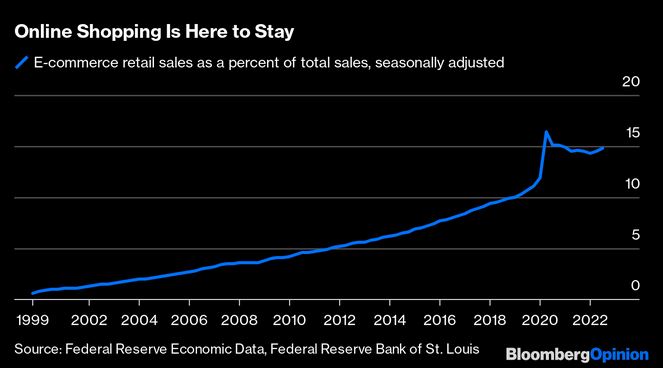 |
In France like in USA, we drink too much alcohol
| 10 - 02/01/23 | 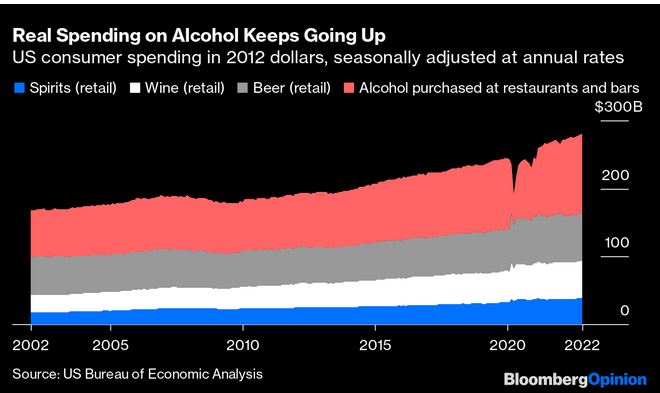 |
Paysage de neige,
1871, par Eugène Lavieille (1820-1889), École de Barbizon
| 09 - 02/01/23 |
Q: How many internet mail list subscribers does it take to change a light bulb?
Answer: 1,331…
1 to change the light bulb and to post to the mail list that the light bulb has been changed
14 to share similar experiences of changing light bulbs and how the light bulb could have been changed differently.
7 to caution about the dangers of changing light bulbs.
27 to point out spelling/grammar errors in posts about changing light bulbs.
53 to flame the spell checkers
156 to write to the list administrator complaining about the light bulb discussion and its inappropriateness to this mail list.
41 to correct spelling in the spelling/grammar flames.
109 to post that this list is not about light bulbs and to please take this email exchange to alt.lite.bulb
203 to demand that cross posting to alt.grammar, alt.spelling and alt.punctuation about changing light bulbs be stopped.
111 to defend the posting to this list saying that we are all use light bulbs and therefore the posts **are** relevant to this mail list.
306 to debate which method of changing light bulbs is superior, where to buy the best light bulbs, what brand of light bulbs work best for this technique, and what brands are faulty.
27 to post URLs where one can see examples of different light bulbs
14 to post that the URLs were posted incorrectly, and to post corrected URLs.
3 to post about links they found from the URLs that are relevant to this list which makes light bulbs relevant to this list.
33 to concatenate all posts to date, then quote them including all headers and footers, and then add "Me Too."
12 to post to the list that they are unsubscribing because they cannot handle the light bulb controversey.
19 to quote the "Me Too's" to say, "Me Three."
4 to suggest that posters request the light bulb FAQ.
1 to propose new alt.change.lite.bulb newsgroup.
47 to say this is just what alt.physic.cold_fusion was meant for, leave it here.
143 votes for alt.lite.bulb.
Harvest on the plain at Chailly (watercolour) by Georges Gassies (1829-1919), École de Barbizon
| 10 - 02/01/23 |
| |
The creation of this efita newsletter is spnsored by Acta Digital Services and its distribution by vitisphere.com
Please, contribute to the content of your efita newsletter, and advertise your events, new publications, new products and new project in this newsletter. Without your support, it will not survive!
Contact: Guy WAKSMAN
E-mail: guy.waksman(a)laposte.net
To read this newsletter on our web site
See Efita
The archives of this newsletter
See Efita
Do not miss the Virus Jokes in English and French
About the EFITA mailing list
You can use the efita moderated list (> 15000 subscribers) to announce any event / product / web site / joke (!) related to IT in agriculture, environment, food industry and rural areas.
If you want to subscribe a friend, please fill in his form.
If you do not wish to receive our messages, please fill in the following form...

